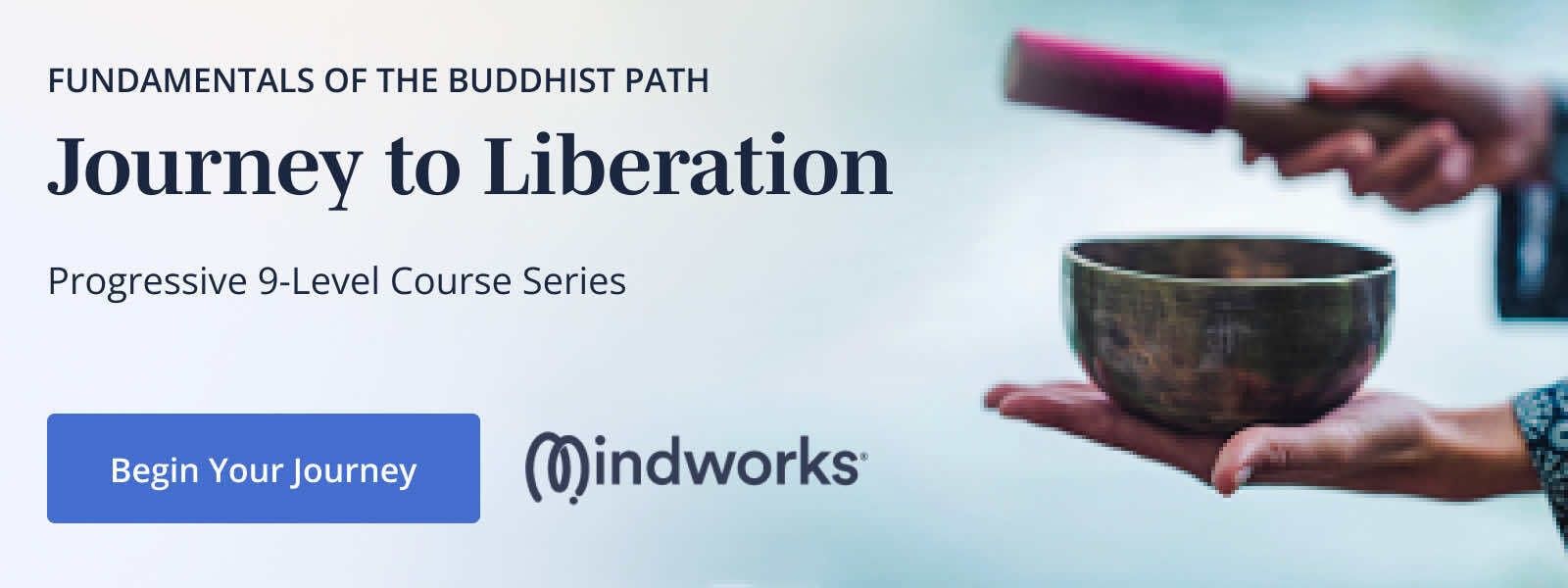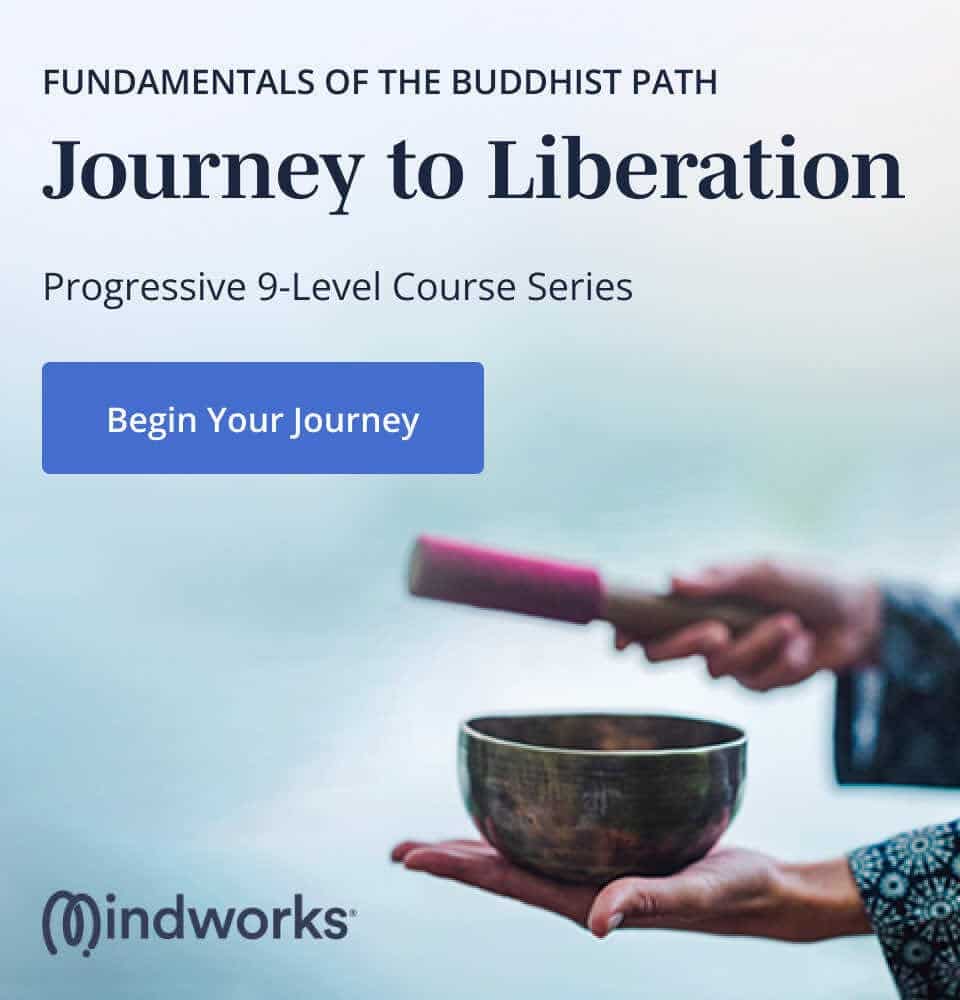What Are The Three Poisons? (And How to Work with Them in Buddhism) Our experience of the world is colored by our perspective, our state of mind. When we see the world through the lens of hatred, for example,...
What Are The Three Poisons? (And How to Work with Them in Buddhism)
Our experience of the world is colored by our perspective, our state of mind. When we see the world through the lens of hatred, for example, everything appears as separate from us. When looking at the same world with a lens of compassion, we feel more connected. In Buddhism, the three poisons are three primary states of mind that obscure our view of reality, resulting in suffering. With practice, we can purify the mind of these poisons for a life of greater health and well-being.
The three poisons are attachment, aversion and ignorance. Also known as kleshas, they function as obstacles to personal growth. How do the three poisons cause suffering? By obscuring our ability to see things as they are, these three states of mind put us at odds with reality. Fighting the truth of reality is a no-win situation, causing discontentment and anguish.
Attachment
The first of the three poisons, attachment, can also be defined as craving, lust, desire or greed. We want to keep what we have forever, and we’re forever wanting more. Unfortunately, every good thing we have will someday change. What’s more, a contentment that’s tied to getting just one more thing is a contentment that will never arrive.
Aversion
Aversion includes hatred, ill-will or anger, as well as less intense emotions based on aggression. This energy keeps us trapped in thinking we’d be happy if only this moment would change. It’s the energy that has us blaming the happiness of others for somehow taking from ours. But joy is not a limited commodity, there’s plenty of it to go around. Joy is even available in our most challenging moments, if only we could see clearly.
Ignorance
Ignorance, defined as the inability to see things as they really are, is the klesha at the root of the others. There’s nothing inherently wrong with desire, or even anger. For example, desire includes the wish for all beings to be well, and anger can help us set boundaries. But anger without wisdom overwhelms us and harms both ourselves and others. And desire fueled by ignorance makes promises it cannot keep. Overcome the delusion of ignorance, and the veil of all three kleshas is lifted.
The Poisons Of Life And Their Antidotes
Detox your mind of these poisons, and you’ll experience the world with more clarity. To rid yourself of the three poisons, you need an antidote. The antidote is created within, by cultivating the opposite of these toxic qualities.
Craving and Generosity
Practices to purify craving center on giving things away. Through the act of generosity, we come to realize contentment. Greed dissolves as we give physical belongings or money, and generously share acts of service. By giving, we make contact with that joy comes from within.
To give is to embody generosity. We come to realize we are interconnected to all things and that nothing actually belongs to us. Not only are we surrounded by abundance, we are part of that abundance ourselves.
Ill-Will and Loving-Kindness
To overcome this poison of ill-will, hatred or aversion, we practice lovingkindness, the wish that all others experience joy. When another is happy, we can share in their good fortune by being happy for them. Lovingkindness, when practiced genuinely, is applied to all beings equally, including ourselves.
When facing unpleasant experiences, whether the source is internal or external, responding with compassion invites us to stop avoiding what we feel. Hatred and anger dissolve as we recognize our common humanity. We all want to be happy and free from our pain.
Ignorance and Wisdom
Wisdom is remembering that nothing lasts forever and that everything is interconnected. In a state of wisdom, all unwholesome states of mind are dissolved, just as a single light can illuminate a dark room.
We can cultivate wisdom by working with the three poisons of Buddhism, and more specifically, by practicing their opposites. This includes working with ignorance by practicing meditation. As the mind becomes more spacious and aware, we become more capable of applying the antidote to each poison. It becomes clear that we are best served by letting go of poisoned states of mind and the resulting toxic behavior.
The antidotes to the three poisons are presented in depth in the meditation module of our foundation course on the Buddhist path.
The post The Three Poisons And Their Antidotes appeared first on Mindworks.










